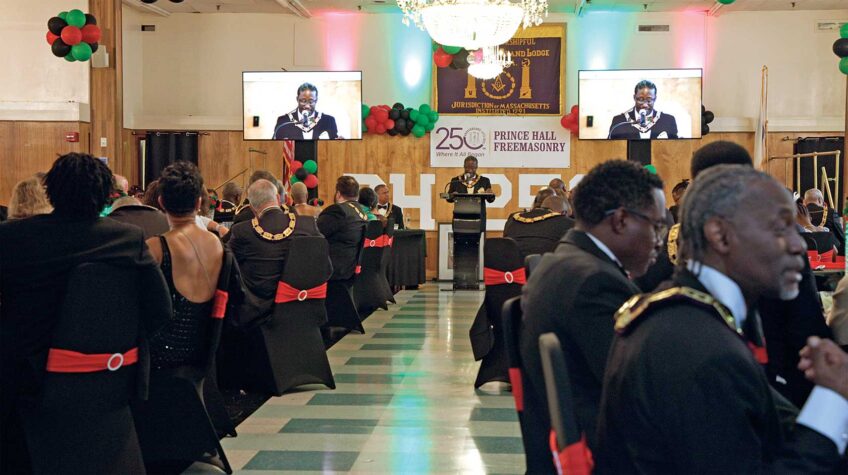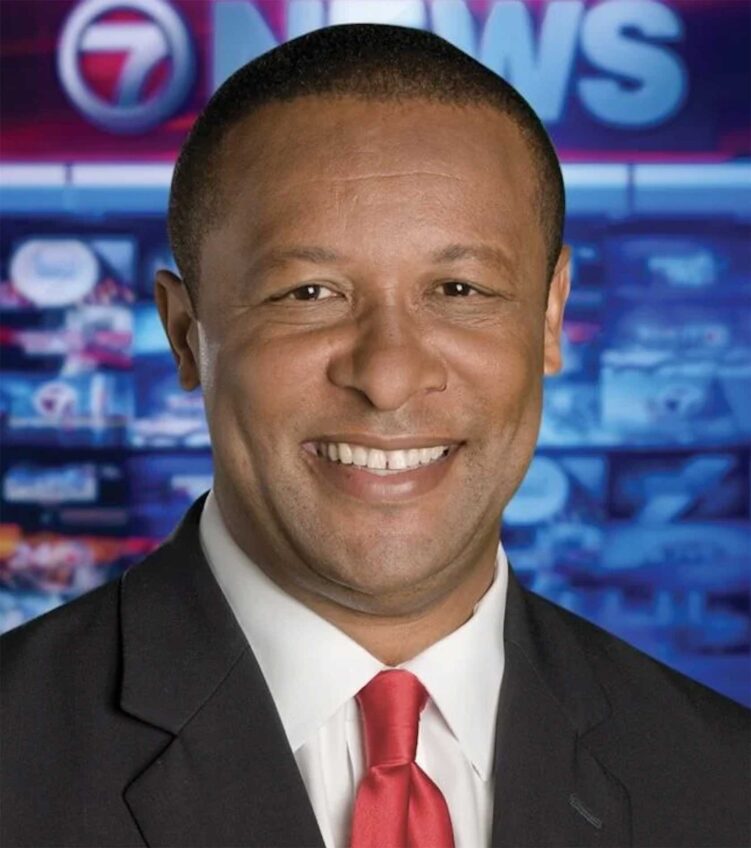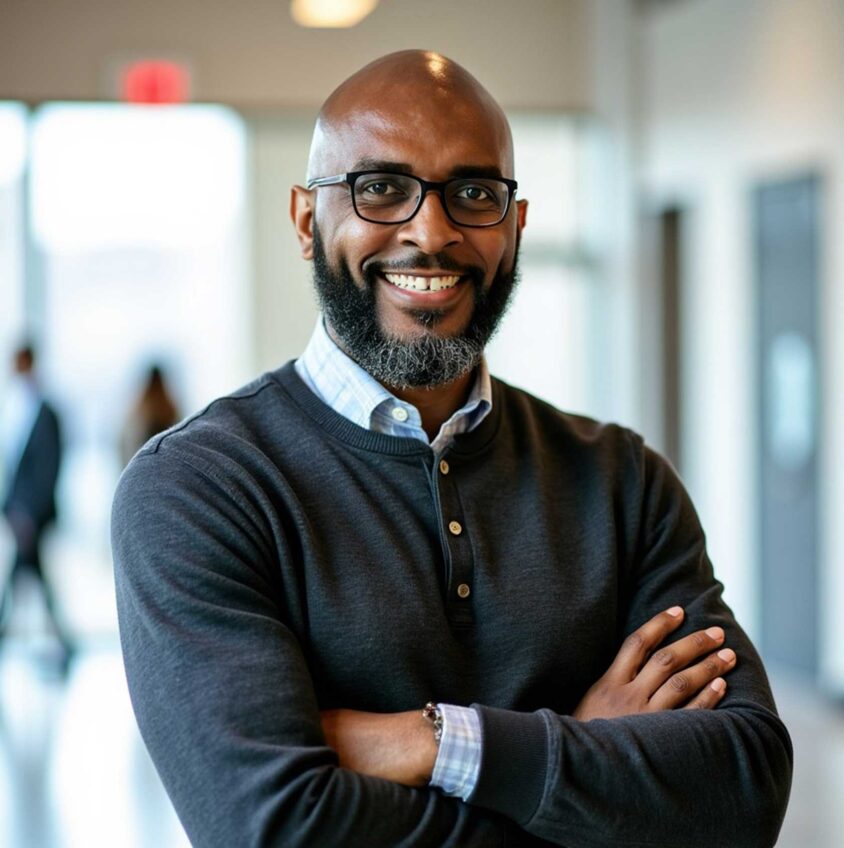Council can’t slow cops’ overtime roll
Overtime budget grows despite lack of court appearances, major events

Back in June of 2020, as activists took to Boston’s streets to demonstrate against police brutality, activists issued a call that elected officials picked up on: Cut the $414 million Boston Police Department budget by 10% and invest the savings into anti-violence programs and social services aimed at preventing crime.
The issue became divisive as Mayor Martin Walsh proposed a budget that cut 20% only from the department’s $60 million overtime budget and would channel $10 million into social services programs outside the police department. Activists dismissed the cut as a sleight of hand, given that the police department regularly overspends its overtime budget.
While a majority of the City Council’s Black, Latino and Asian members voted against the budget, holding out for a larger reduction, the white councilors voted in favor of the mayor’s budget, and it passed with an 8–5 vote.
The Council’s Ways and Means Committee chair, Kenzie Bok, pledged to keep an eye on the police overtime budget in an effort to hold it to $48 million, holding quarterly hearings on the matter. Last Thursday, Bok chaired the second such meeting. The news coming from police brass wasn’t good.
“The headline here is that by the end of February, we’ve already spent the $48 million that was budgeted for overtime,” Bok said in a hearing last Thursday.
“Well, we haven’t quite spent it yet, but we’re about to,” said Boston Police Captain James Hasson, chief of the BPD’s Bureau of Administration and Technology. “We’re 43 percent over budget.”
While police worked 660,000 hours of overtime in fiscal year 2020, they have worked 728,000 hours of overtime so far this year.
There have been no parades, First Night, summer festivals or other such large gatherings that traditionally drive overtime costs during the current fiscal year, which runs from July through June. Although there were several anti-police violence demonstrations, they were fewer and smaller than those held last year.
Questioned by Bok, Hasson said the major driver of police overtime is officers out on sick leave. Hasson said on average, there are 100 officers out on sick or injured leave at any given time.
Last year, overtime for officers filling in for colleagues on long-term sick or injured colleagues amounted to 260,000 hours, Hasson said. This year, officers have already spent 287,000 hours filling in for sick or injured colleagues.
“We’ve already had more replacement hours in the partial FY 21 than we had in all of 2020,” Hasson said. “We’re going over budget, and it’s driven most heavily by these replacement personnel hours.”
Hasson said the department is working to arrange better medical supervision for sick or injured officers and to move into retirement those officers who will not likely return to work.
“It’s very frustrating for the Council to be here,” Bok said. “I was hoping we would be instituting some of these things earlier in the year to get this really unusual bubble in the number of folks out on sick and injury leave down, because it’s driving a lot of these replacement costs.”
When Councilor Andrea Campbell asked whether the department is assigning officers in special units to districts to cut overtime, Hasson did not provide an answer.
Councilor Ed Flynn repeated his perennial call for hiring more officers to relieve the need for overtime, which, according to an analysis provided by the Woke Windows Project, accounts for 19% of all police pay.
Councilor Annissa Essaibi George asked how many new officers would need to be hired.
Boston Police Superintendent Kevin McGoldrick, chief of the Bureau of Field services, said he could not provide an answer.
“There’s no agreed-upon method to say this is how we’ll decide how many police officers the city should have,” he said.
Hasson and the other officers who testified gave similarly vague answers when asked about how they made decisions for assigning officers to work overtime shifts, whether covering for colleagues who are on sick or injured leave or staffing mass events.
Councilor Ricardo Arroyo said BPD officials acknowledged that there were no credible threats of an insurrection during the week of the election and questioned why officers racked up more than $4 million in overtime costs during the November presidential election when, Hasson said, they worked 12-hour overtime shifts.
“They weren’t manning a polling station, so where were they?” Arroyo asked.
Hasson replied, “They were assigned to areas where there could be potential unrest or confrontations with varying groups.”
Arroyo expressed frustration with the department for what he said was a lack of useful information.
“The City Council is an oversight body,” Arroyo said. “It’s incredibly difficult to have oversight when we don’t have data. When we’re talking about how ‘We gotta up the hours, we gotta up the hires.’ I don’t know how you calculate how many officers have to be on the streets at any given time. I don’t have how you calculate how many officers have to be at a protest or rally.”
Bok said she was concerned in June, when the Council voted in support of the Walsh administration’s budget, that police would actually be able to realize savings from the cut to the overtime budget rather than pay for an overage that could likely amount to $15 million.
“The money comes from somewhere,” she said. “It will be pulled out of reserves. It’s a significant overage. So much so, it’s many of our other departments’ combined worth of money when we talk about $15 million.”
Bok said the Council will need to be more mindful when negotiating budgets in the future.
“It’s going to be really important for the Council to be having this kind of structural conversation with the [police] department about how we set targets we can actually hit,” she said. “It’s definitely dispiriting to realize we’re not going to achieve any of those savings.”









